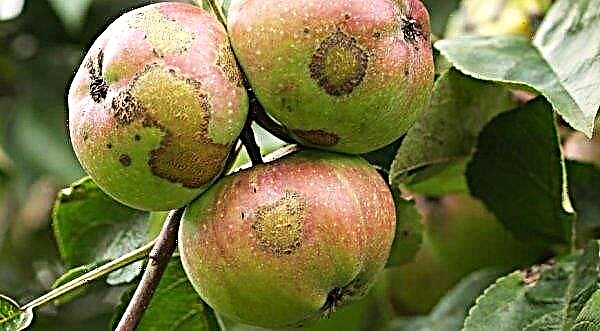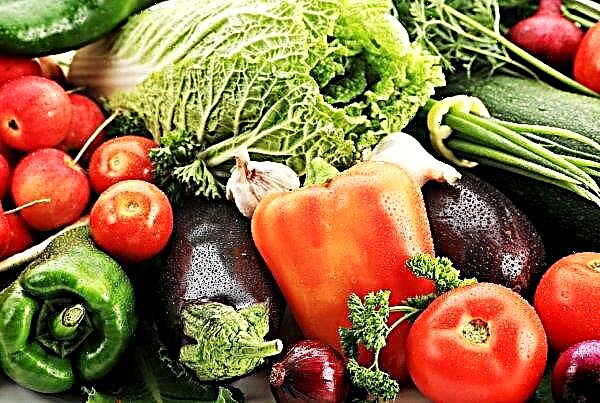Prime Minister Narendra Modi’s government has begun using experimental AI to harvest and evaluate crop yields through its flagship scheme, Pradhan Mantri Fasal Bima Yoajana. It will also provide better prices for farmers.
This is a significant departure from traditional agriculture practiced in the country since time immemorial, which has led to low yields and excessive dependence on monsoon rains.
And the failure of the monsoon in the country often led to the decline of agriculture and the suicide of farmers. But the use of advanced technologies, such as artificial intelligence, can help Indian farmers minimize risks.

In February 2016, Prime Minister Modi launched a crop insurance program called the Pradhan Mantry Fazal Bima Yojan. Under this scheme, farmers are given full coverage in the event of a crop failure. The scheme covers sowing, germination risks, loss of standing crops, post-harvest losses, localized disasters, and additional coverage of crop loss due to wildlife attacks.
Indian agriculture has historically relied on traditional methods that have led to low yields and crop failures. Prime Minister Modi has launched a series of schemes for introducing modern methods in agriculture, including the issue of soil health maps and assistance with the introduction of modern irrigation methods. All of these initiatives are aimed at doubling the income of farmers by 2022.

Indian farmers have begun to use digital tools to determine which crop to grow and to select pesticides and fertilizers. According to the report, the benefits to the Indian economy of digital commerce could grow to more than $ 500 billion by 2030 from the current $ 35 billion.












